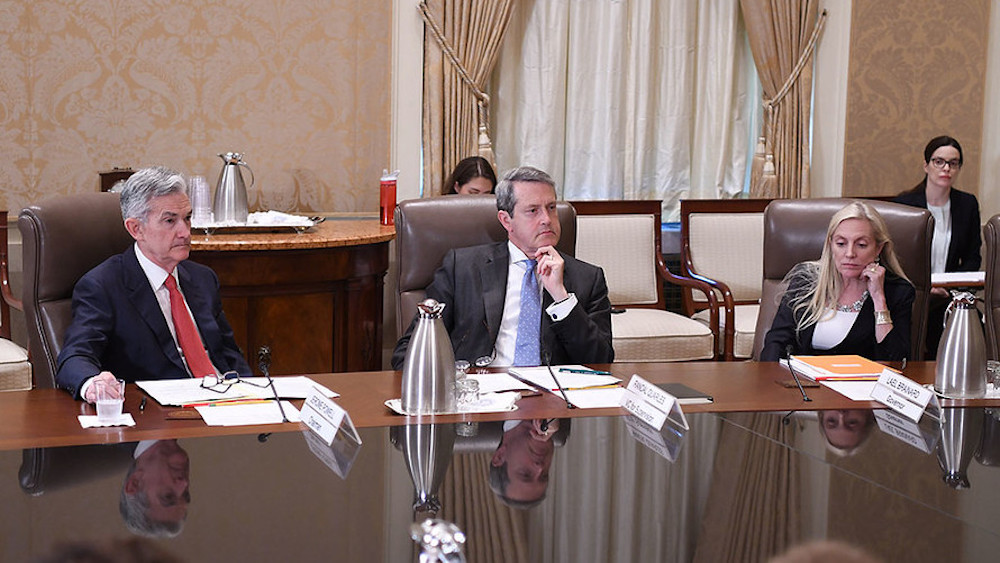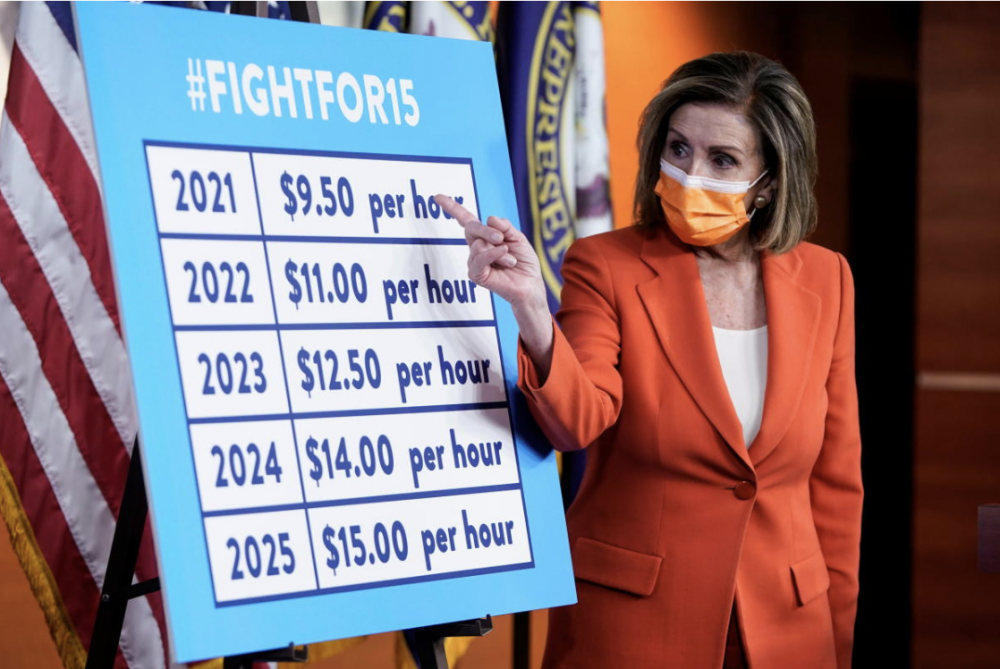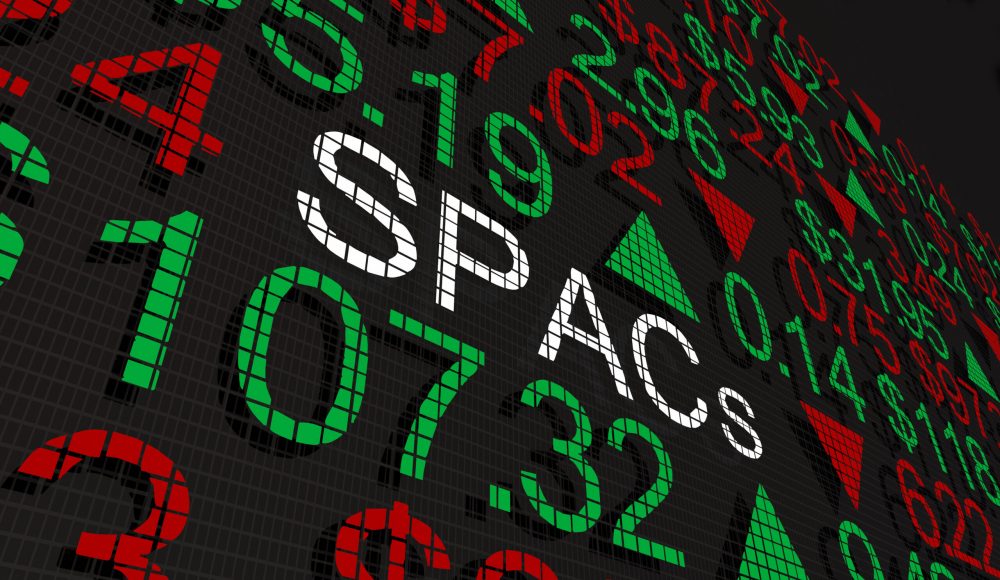
DANIEL ACLAND- APRIL 25TH, 2023
EDITOR: ABBY MORRIS
Daniel Acland is a Behavioral Economist and Associate Adjunct Professor at UC Berkeley’s Goldman School of Public Policy. BER staff editor Abby Morris sat down with Professor Acland on December 1st, 2022 for the following interview.
Q1: Thank you so much for being willing to interview with me today. I’d like to start by asking you about your background and personal journey in economics. What drew you to economics and how did that lead you to become an economist?
It’s pretty simple. I took one Macroeconomic class as a sophomore in college and thought it was fun but never thought about it after– I got my undergraduate degree in Environmental Studies and economists were just the enemy. Then I went and spent most of my 20s and early 30s photocopying legal files for complicated reasons; I got tired of that and thought– what could I do that would be interesting and maybe make the world a better place? This caused me to stumble upon public policy.
I went to get a master’s degree in public policy and had to take a lot of economics classes–rational economics and standard model stuff. I sat in the back of the classroom looking at these models and two things happened to me simultaneously. One, I just realized, oh this is how I think. I love these models and want to do more of these things. But second, at the same time, I’m looking at all these rational models in the context of public policy and issues like poverty and inequality, and thinking how a lot of this rationality stuff doesn’t seem right or what’s best for people. So I got hooked on economics and immediately got hooked on behavioral economics. I’m a teacher by nature so that was it– in the span of 6 weeks at the beginning of my master’s program I knew that I wanted to get a PhD in Economics and become a professor.
Q2: That perfectly leads to my next question. To my understanding, one of your main areas of interest in economics is behavioral economics. Can you further define this field of economics and explain the specific aspects of it that pique your current interests?
So, that is true but not as true as it used to be. My research and interests now are all about benefit-cost analysis which does have a big overlap with behavioral economics, a big thing that I care about. But I also care about some philosophical underpinnings of benefit-cost analysis that aren’t much about behavioral economics.
Here in the Econ department, behavioral economics is actually called Psychology and Economics. This title makes you think it’s about the intersection between psychology and economics, but it’s really not, it’s all economics–there are few psychologists in the field of behavioral economics. But the way that I define it is the exercise of trying to use insights and results from psychology to make better assumptions in our economic models about how people make choices. So, the beta delta model instead of the exponential model. We look at psychology and know what psychologists have to say about discounting and present bias so we incorporate it into our models–that’s my definition of behavioral economics.
Q3: Going off of that, what do you think are some of the most important assumptions that psychology and economics challenge?
I think exponential discounting is probably the biggest one– stuff having to do with the future is what I am most interested in. There are three things going on in economics: intertemporal choice (how do people deal with the future), choice under uncertainty (expected utility and how do people deal with risk and uncertainty), and how do people deal with strategic interactions (game theory). I’m mostly interested in the time piece: projection bias, people mispredicting their future preferences, over-optimism, and present bias– for me the big ticket thing is the assumption that people know the future and correctly predict it. This gets us a whole bunch of policy assumptions that say to let people fend for themselves because their rational. There are lots of other ways that behavioral economics suggests that people are causing themselves harm but that’s the area I’m most interested in.
Q4: Can you talk about the current research you are doing and how you collect that data?
Let me tell you about something that I’m interested in and plan on starting soon. I think that loss aversion should not be taken into account in benefit-cost analysis. I of course want public policy to be affected by what people actually want in their lives–that’s what benefit-cost analysis is supposed to be– yet I think that loss aversion is a superficial, psychological phenomenon that is not a good factor to use in public policy, for instance, your father would advise you to not do loss aversion.
I plan to write a paper where I say here are all the ways that people harm themselves because of loss aversion and explain how loss aversion is bad. But then I want to lay out all the policy implications of including loss aversion into public policy. I’d like to show how when people take into account loss aversion they constantly use very simplistic examples, and I’d like to demonstrate how if you pick these examples apart, you wind up with more complicated and problematic implications.
And there isn’t a lot of data in this work. I’d look at all the studies that show how loss aversion affects decision-making such as in buying a house or buying in the stock market. But all of the other stuff is kind of like the methodology for philosophy. You are given a set of principles and the principle you want to accept is that people’s willingness to accept is higher than their willingness to pay, caused by loss aversion and that we should account for that in public policy. That’s the principle and I’d like to lay out the logical implications for applying that principle in benefit-cost analysis and lead you through a series of absurd, extreme policy implications that would make you question that principle. So that’s the methodology and it doesn’t really involve data it’s more the application of logic to basic principles.
Q5: You teach behavioral economics as both an economics course and a public policy course. I have a two-part question, first– what draws you to the policy side of behavioral economics and second, what are the biggest differences in your approach to teaching behavioral economics vs. behavioral economics for public policy?
First, let me say I’m not drawn to the policy side of behavioral economics I’m drawn to the behavioral economics of public policy. I care about policy first and foremost. And I care about behavioral economics’s implications for policy, both in terms of what should we do and how should we do it– when are we justified in intervening and how can we design policies to make people’s lives better. That’s why I went to study behavioral economics because it helps me to understand policy, however, I got distracted when getting my PhD in Economics.
I started getting interested in behavioral economics just for its own sake as it’s very interesting stuff– the conversations you get to have with behavioral economists are very interesting. I lost sight of public policy and it all started to feel just like an exercise in pursuing intellectual curiosity. Many people study physics because they’re intellectually curious about the Big Bang; I’m interested in Physics because it can help us to build better bridges. Some people study economics because it’s interesting to consider how we can model some financial transactions, and I’m interested in economics because it helps us make better policies.
The biggest difference between the courses is that I teach the economics class badly and teach the policy class fairly well. Mainly because I designed the Econ class a long time ago and the policy side more recently– the pedagogical strategy of the policy class is better, for example having an in-class debate. I talk about the difference between a firehose class and a waterfall class. Any class in Undergraduate economics is going to be a firehose class–here’s the material and I expect you to get it all, which I think makes it a harder class. And that doesn’t make any sense to me for the policy class– it should be fun. I want economics to be fun but the policy class is purely taken because people are interested in the topic so I think it’s more about what’s intellectually fun, interesting, and engaging. The Econ class is more nuts and bolts.
Q6: Behavioral economics is clearly a very relevant discipline of economics yet it often does not get the recognition and acknowledgment it deserves. How do you think behavioral economics should be incorporated into introductory economics courses that teach standard models of economics?
This is tough because there are certain basic concepts that people who take Econ 1 need to know. They need to know, for example, the utility-maximizing condition for the rational individual and the need to maximize marginal net benefit. I don’t want behavioral economics to squeeze that kind of stuff out too much. I want people to understand what it is about markets that we like and don’t like, such as why monopoly market power is bad for consumers.
I think, though, when we get into intermediate microeconomics, where we dig into underlying economic models and why we think they are true, there should be more emphasis on the rationality assumption. There ought to be at least a week in intermediate micro where we say which of these big policy conclusions would we question if we adopted some other assumptions. People need to know that it exists since part of any econ class is giving people a sense of what directions they can go in the field. But even as a behavioral economist I think it’s much more important for Economics students to understand the equi marginal principle and its application to every decision that is ever made, public and private, than to understand anything about behavioral economics.
Q7: Thank you for your time and insight. Finally, I’d like to ask what resources you recommend for students who want to learn more about behavioral economics or the intersection between psychology and economics.
Take my class. There are also some popular books– Daniel Kahneman’s Thinking, Fast and Slow people really like, Dan Ariely has written a book called Predictably Irrational, and Richard Thaler has a book called Misbehaving which is a memoir that covers a lot of really interesting topics and is a lot of fun to read. If you are into reading academic literature Matt Rabin wrote an article for the Journal of Economic Perspectives called “Psychology and Economics” which is a really good starting place. Stefano DellaVinga wrote a Journal of Economic Perspectives paper in the late 2000s called “Psychology and Economics: Evidence from the Field” which is about empirical applications of behavioral economics. You can also go on Twitter and follow a bunch of behavioral economists.
Featured Image Source: Research and Impact Faculty Directory
Disclaimer: The views published in this journal are those of the individual authors or speakers and do not necessarily reflect the position or policy of Berkeley Economic Review staff, the Undergraduate Economics Association, the UC Berkeley Economics Department and faculty, or the University of California, Berkeley in general.



